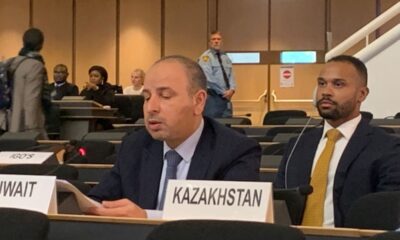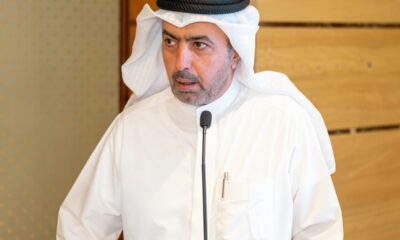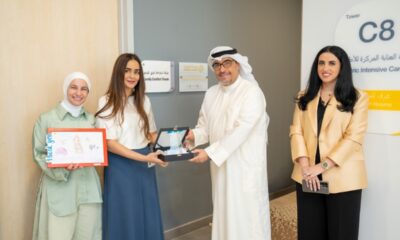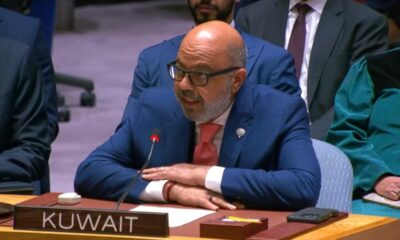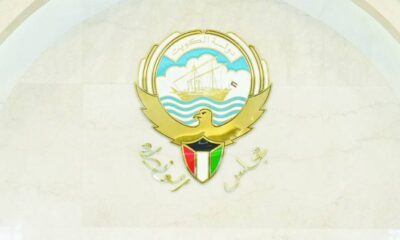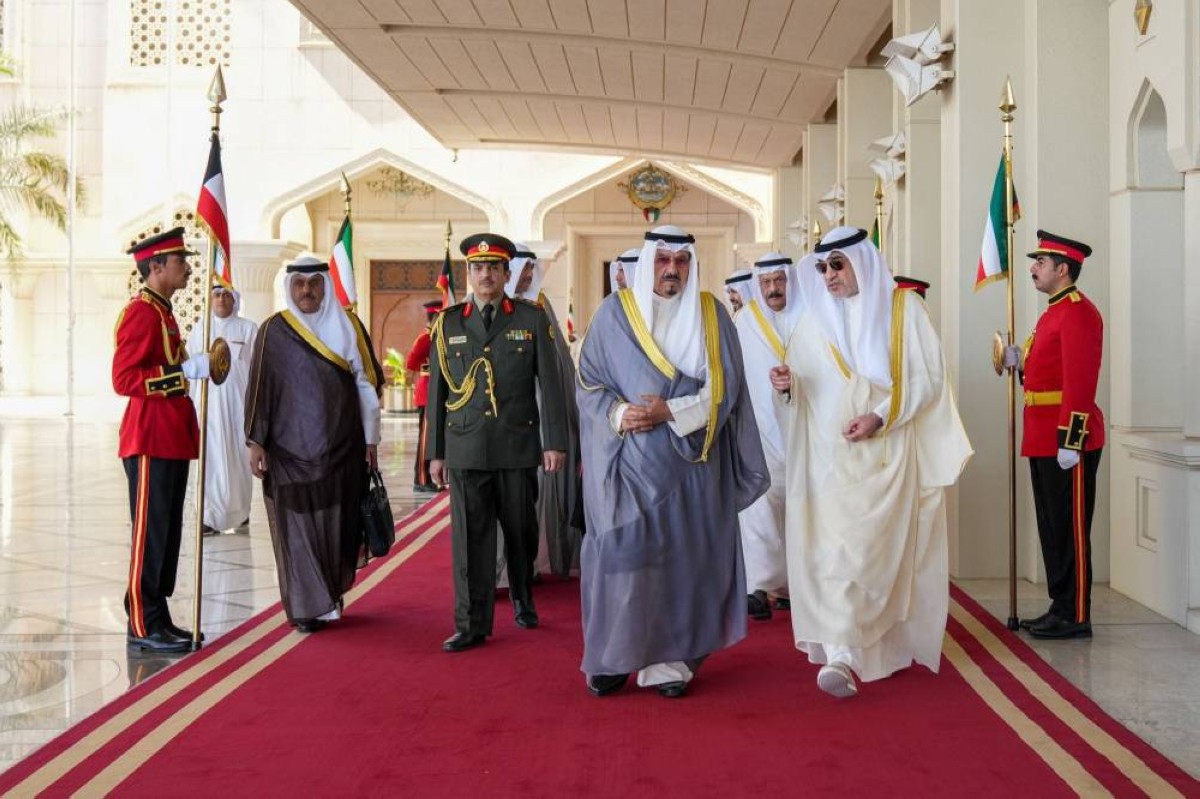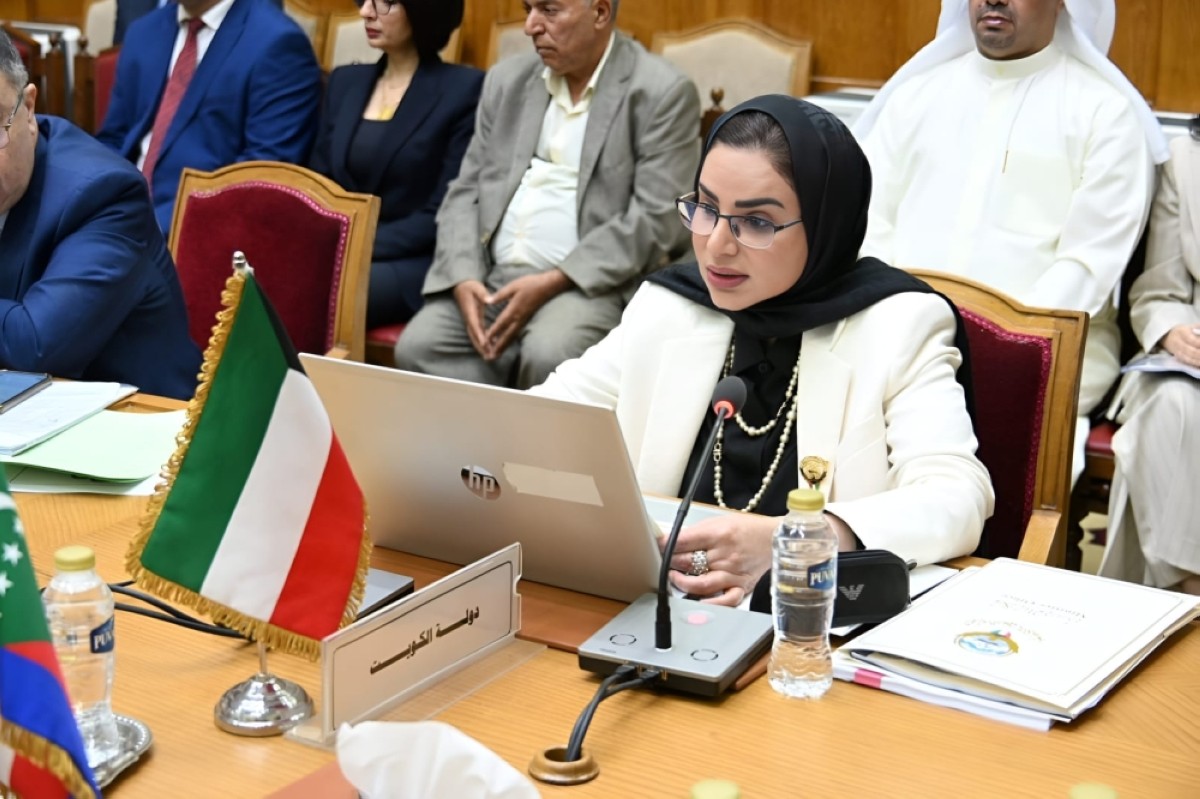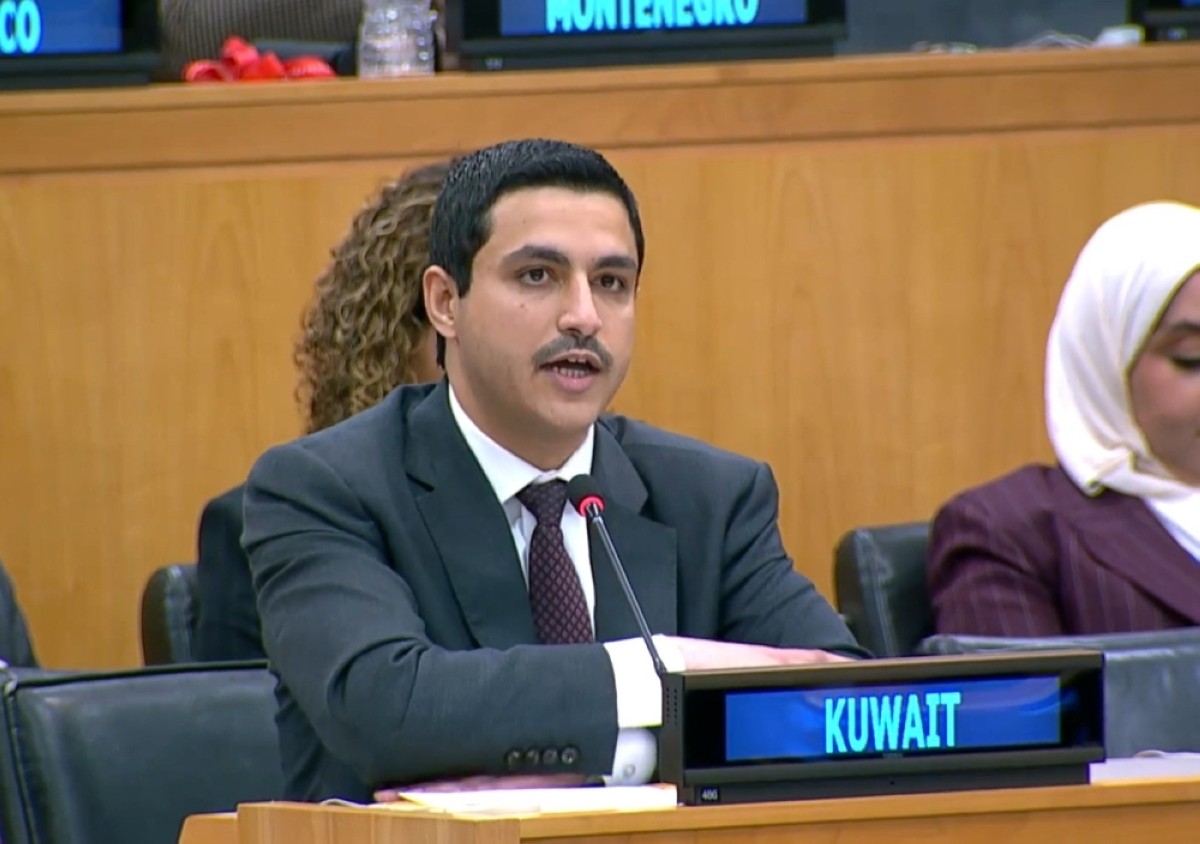KUWAIT: With soaring summer temperatures driving families to pools and beaches, health and safety officials are urging increased vigilance against a rare but potentially fatal condition known as “dry drowning” — a silent and delayed danger that can occur even after a child has left the water. Speaking to KUNA, Director of the Emergency Medical Services Department at the Ministry of Health Dr Ahmad Al-Shatti explained that dry drowning is a rare condition in which a small amount of water enters the airway, triggering spasms in the vocal cords that can block airflow. If left untreated, the condition can lead to severe respiratory distress or even death.
“Children under the age of five are particularly vulnerable due to their narrower airways and limited breath control,” Dr Al-Shatti said, noting that children with asthma or previous respiratory issues are at heightened risk. He warned that symptoms can appear minutes or even hours after water exposure and may include difficulty breathing, persistent coughing, pale or bluish skin, fatigue, or confusion. “These signs must not be ignored,” he stressed, urging parents to seek immediate medical attention if any such symptoms develop after swimming or water play. “Close observation of children after they leave the water is crucial, even if they seem fine at first.”
Dr Al-Shatti added that what makes dry drowning particularly dangerous is the delayed onset of symptoms, which may emerge after the child has already returned home. He emphasized the importance of recognizing even subtle signs and acting quickly to prevent serious complications. Echoing this concern, Director of Public Relations and Media at the General Fire Force, Brigadier Mohammad Al-Ghareeb, described dry drowning as a rare but dangerous condition that can occur when a small amount of water remains in a child’s airway after swimming.
“The danger lies in the fact that symptoms may not appear immediately,” he said, noting that leftover water can cause inflammation or airway obstruction later on. Brig Al-Ghareeb urged parents, guardians, and pool supervisors to monitor children for ongoing coughing, labored breathing, or unusual tiredness after swimming. “Prevention begins with awareness and constant supervision,” he said, advising against water swallowing and swimming when fatigued or experiencing breathing difficulties.
He also stressed the importance of having trained rescue personnel and proper emergency equipment at swimming facilities. The General Fire Force, he noted, is continuing its “Safe Summer” campaign to raise awareness about drowning hazards, including dry and secondary drowning. He urged the public to act swiftly in emergencies by calling the emergency hotline 112. Both health and civil defense officials reiterated the need for public awareness, responsible supervision, and early intervention to protect children from water-related dangers this summer. – KUNA
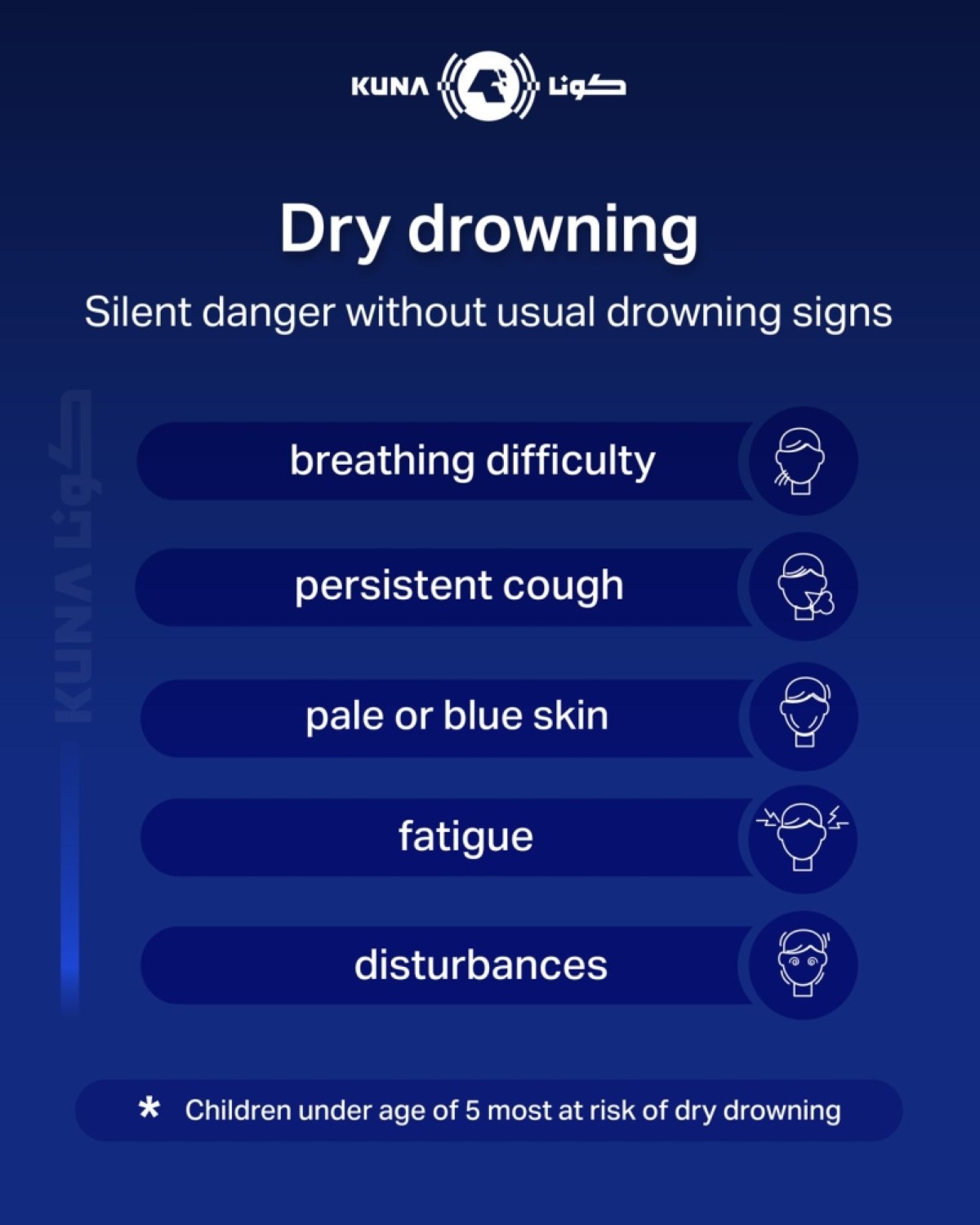

 Politics24 hours ago
Politics24 hours ago
 Politics13 hours ago
Politics13 hours ago
 Latest News20 hours ago
Latest News20 hours ago
 Latest News12 hours ago
Latest News12 hours ago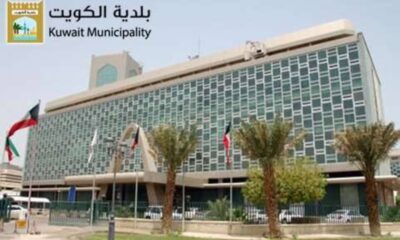
 Latest News24 hours ago
Latest News24 hours ago
 Latest News22 hours ago
Latest News22 hours ago
 Latest News14 hours ago
Latest News14 hours ago
 Politics4 hours ago
Politics4 hours ago
